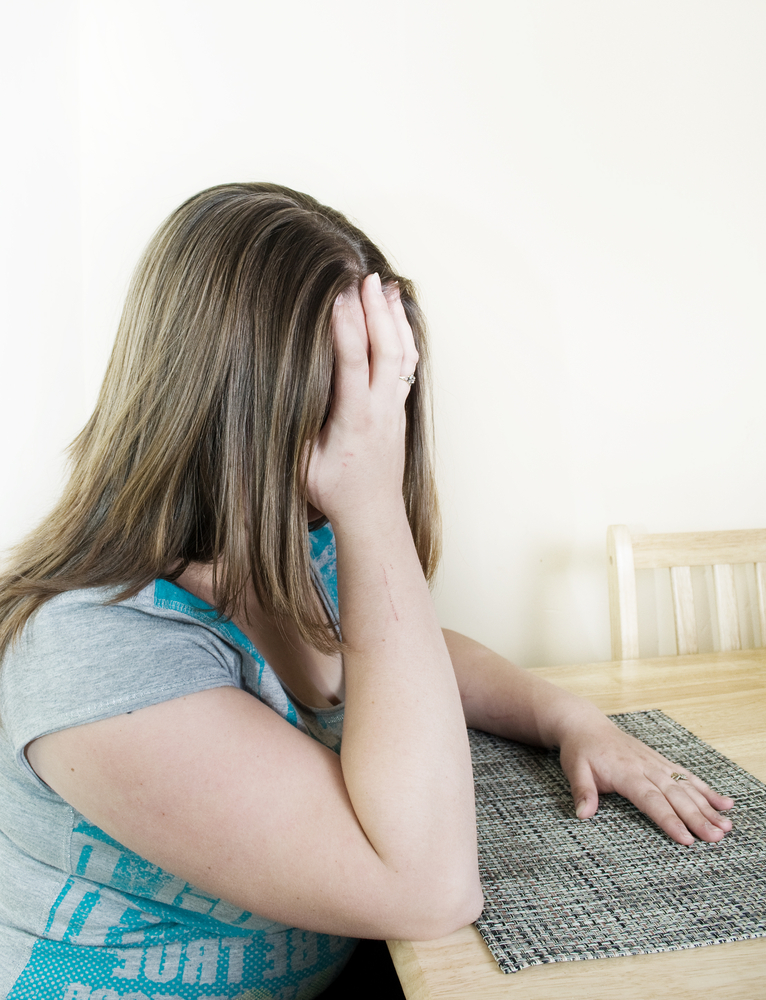Getting Mad and Getting Over It
What is anger?
Anger is a strong feeling.
People get angry for different reasons.
- You may get angry when:
- A person hurts your feelings
- A person does something to you that you do not like
- You remember something bad that happened in the past

Everyone gets angry.
- Everyone gets angry sometimes.
- It is important to get over being angry.
- Some people get angry a lot…and they don’t get over it.
That can be a problem! Being angry can:- Make you feel bad, and
- Make other people not want to be around you.
What happens inside your body when you are angry?
- Your heart beats faster.
- You breathe faster.
- You may feel hot and start to sweat.
- Your muscles may get tight. That can hurt!
What do people do when they are angry?
- People may:
- Yell and scream
- Say things to hurt others
- Hit or break things
- Hit themselves or others
- Just hold it all in and do nothing
Getting really angry can make you feel bad.
- Getting angry all the time can make you sick with:
- Heart problems
- Back problems
- Stomach problems
- Sleep problems
You may be getting angry too much of the time, if:
- People do not want to be your friend
- You lost your job
- People do not want to be around you
- People are afraid of you
- Getting angry and feeling bad takes up a lot of your day
If you get really angry or get angry a lot:
- Make a plan to slow down your anger
- Try to figure out why you get so angry
- If you are angry at someone, talk about it with them when you’re not angry
- Talk to a counselor or a therapist
Make a plan and stick to it!
- Some people use a plan every time they start to get angry.
- A plan could include:
- Breathing slowly: Count to 7 when you breathe in and count to 11 when you breathe out
- Taking a walk
- Thinking about something you like
Other Plans
- Every time you start to get angry:
-
- Think about a place you like to visit where you are happy
- Close your eyes and go there in your mind
- Count to ten before saying anything
When you get angry, try to figure out why by asking:
- What were you doing just before you got angry?
- What made you angry?
- Did someone say something that made you angry?
- Did someone do something that made you angry?
- Did getting angry make you think about something from the past?
Try talking about it.
- If someone makes you angry:
- Use a plan to slow down the anger
- When you are not angry, talk about it with the person
- Don’t blame the other person
- Just tell them why you are angry
You choose to be angry.
- No one makes you angry.
- So, it is better to say ‘I feel angry’ and not to say ‘You make me angry.’
It’s better to say:
‘I feel upset when you use bad language’ or ‘I feel angry when you call me names.’
It’s better not to say:
‘You make me upset when you use bad language’ or ‘You make me mad when you call me names.’
Is it time to see a counselor?
- See a counselor or a therapist if you:
- Get really angry a lot
- Can’t figure out why you get angry
- Can’t follow a plan to slow down your anger
- Are losing your friends
- There are counselors and therapists who know a lot about anger
- ‘Anger Management’ is when a counselor helps you control or get over your anger
Other Resources
- Dial 2-1-1: Get Connected. Get Answers.
- Ask about local anger control support groups.
- Ask about counselors or therapists who know about anger management.
- Ask Your Case Manager about local support groups.
- How Can I Deal with My Anger? (For Teenagers) http://kidshealth.org/teen/your_mind/emotions/deal_with_anger.html

